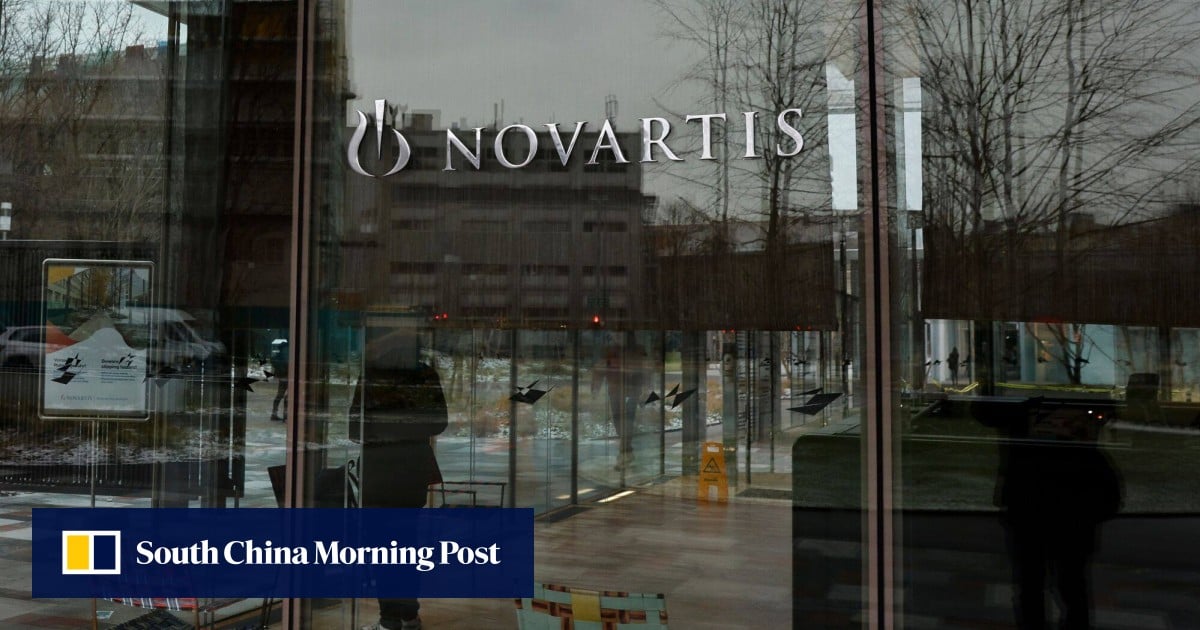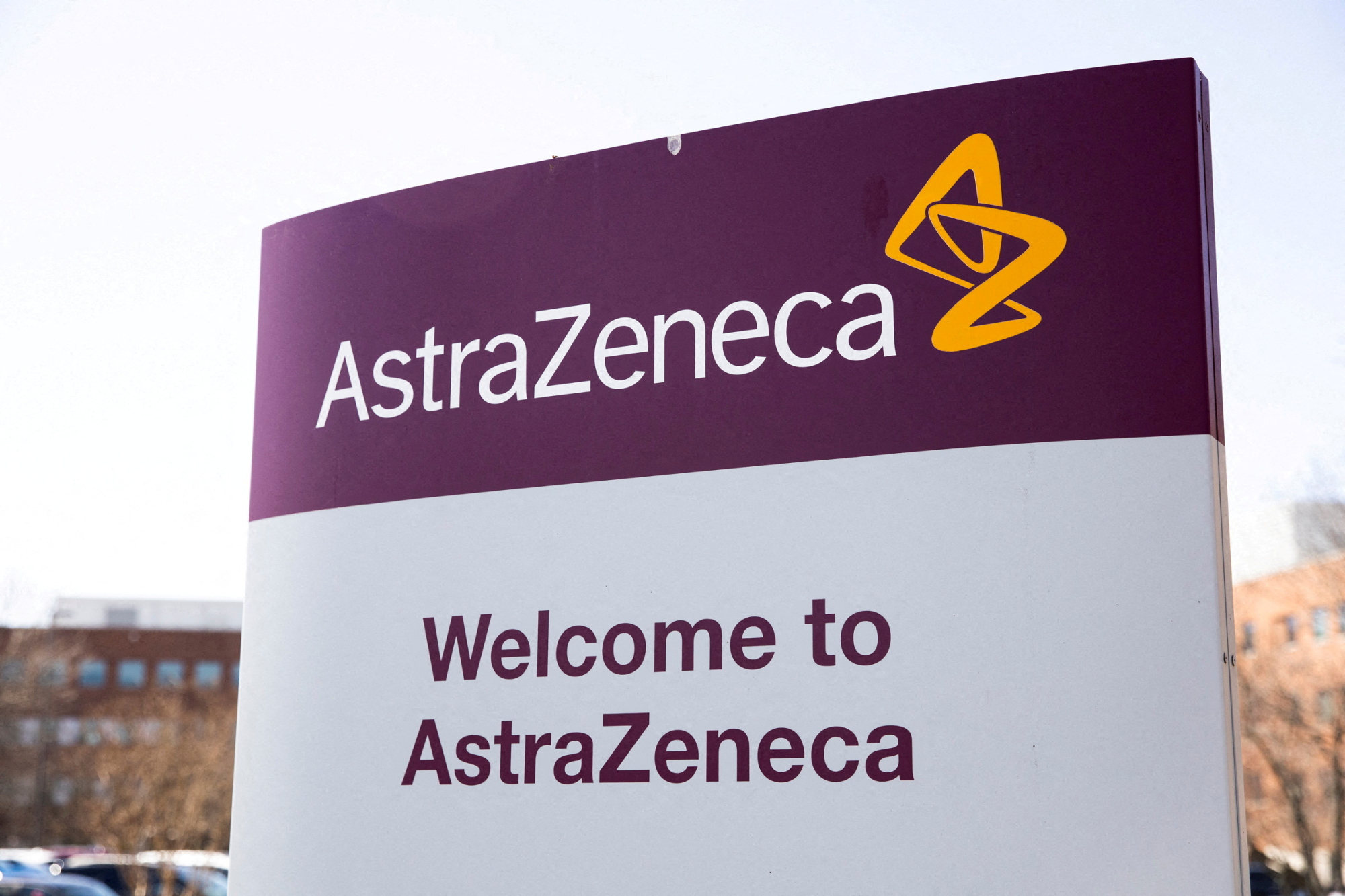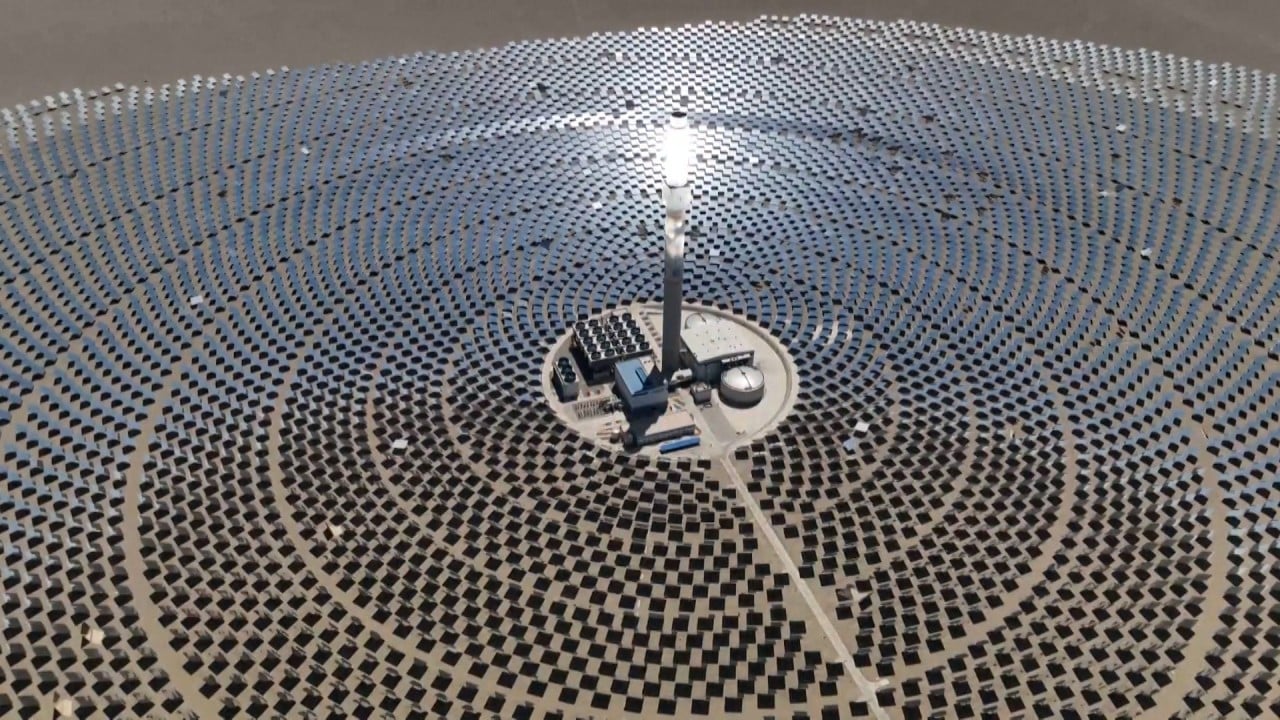
18 Jan AstraZeneca, Novartis, rival drug makers to buy renewable energy from Envision for manufacturing plants in China
AstraZeneca, Novartis and three other global drug makers have agreed to buy renewable energy from a Chinese supplier to run their manufacturing facilities on the mainland, helping to stem worsening emissions in the global healthcare industry.
The duo, together with Roche, Lonza and Novo Nordisk, signed a three-year deal for 200 gigawatt-hours (GWh) of electricity annually, Envision Energy said in a joint statement on Wednesday at the World Economic Forum in Davos, Switzerland. The value of the contract was not disclosed.
Envision will supply renewable energy to the five pharmaceutical giants from 2024 to their factories in eastern Jiangsu province, southern Guangdong province, Shanghai and Beijing.
The agreement will allow the drug makers to save 120,000 tons of carbon dioxide-equivalent emissions per year, comparable to preventing emissions generated by about 25,000 cars on the road, according to Envision.
“Multi-year green power purchase agreements can ensure stable supply and avoid the impact on [the companies’] production and operations due to fluctuations in market prices,” Chen Dipeng, Envision’s head of power and environmental products trading and supply said in an interview.
Envision, founded in Shanghai in 2007, designs, sells, and operates smart wind turbines, smart storage systems and green hydrogen solutions. The firm has the largest market share in low wind-speed turbines in China, according to its website.
Climate action: how China is accelerating the drive towards a net zero world
Climate action: how China is accelerating the drive towards a net zero world
China is the world’s third largest healthcare market, accounting for almost 10 per cent of global pharmaceutical sales worth US$1.26 trillion in 2021, according to data from the European Federation of Pharmaceutical Industries and Associations. North America and Europe accounted for almost half and 23 per cent, respectively.
China and India are also key markets for drug manufacturing, estimated to account for up to 50 per cent of materials for medicines, according to the UK-based Sustainable Markets Initiative.
The healthcare sector is responsible for around 5 per cent of total global greenhouse gas emissions in 2020, according to medical journal The Lancet. On a country basis, only China, US, India and Russia have generated more emission volumes.
More than half of the sector’s emissions were generated in manufacturing supply chains, and energy consumed in these supply chains accounted for about a quarter of the industry emissions, according to the journal.
Climate change and the healthcare sector’s emissions affect each other. The increased demand for healthcare, due to ageing and rapid urbanisation, drives up carbon footprints in the healthcare system and worsens the climate crisis.
In turn, the crisis contributes to a rise in non-communicable and infectious diseases, burdening the healthcare system. Some seven million people die prematurely every year due to air pollution, according to the World Health Organization.

The power-purchase deal is a step forward for AstraZeneca, which has pledged to halve emissions along its value chain by 2030. Its manufacturing and supply base, currently being built in Qingdao in eastern Shandong province, will use solar energy and green electricity generated locally, it announced last year.
The power-purchase deal could encourage other global and Chinese drug makers to join the cause. Chinese medical companies are still trailing many global peers in setting decarbonisation targets.
Only 10 mainland Chinese pharmaceutical companies have joined the Science-Based Target Initiative as of July 2023, making up less than a tenth of the healthcare firms that have signed up, said Tang Weimin, senior project manager at non-profit World Wide Fund for Nature.
The initiative aims to help global drug makers with measures to limit global warming to less than 2 degrees Celsius.


